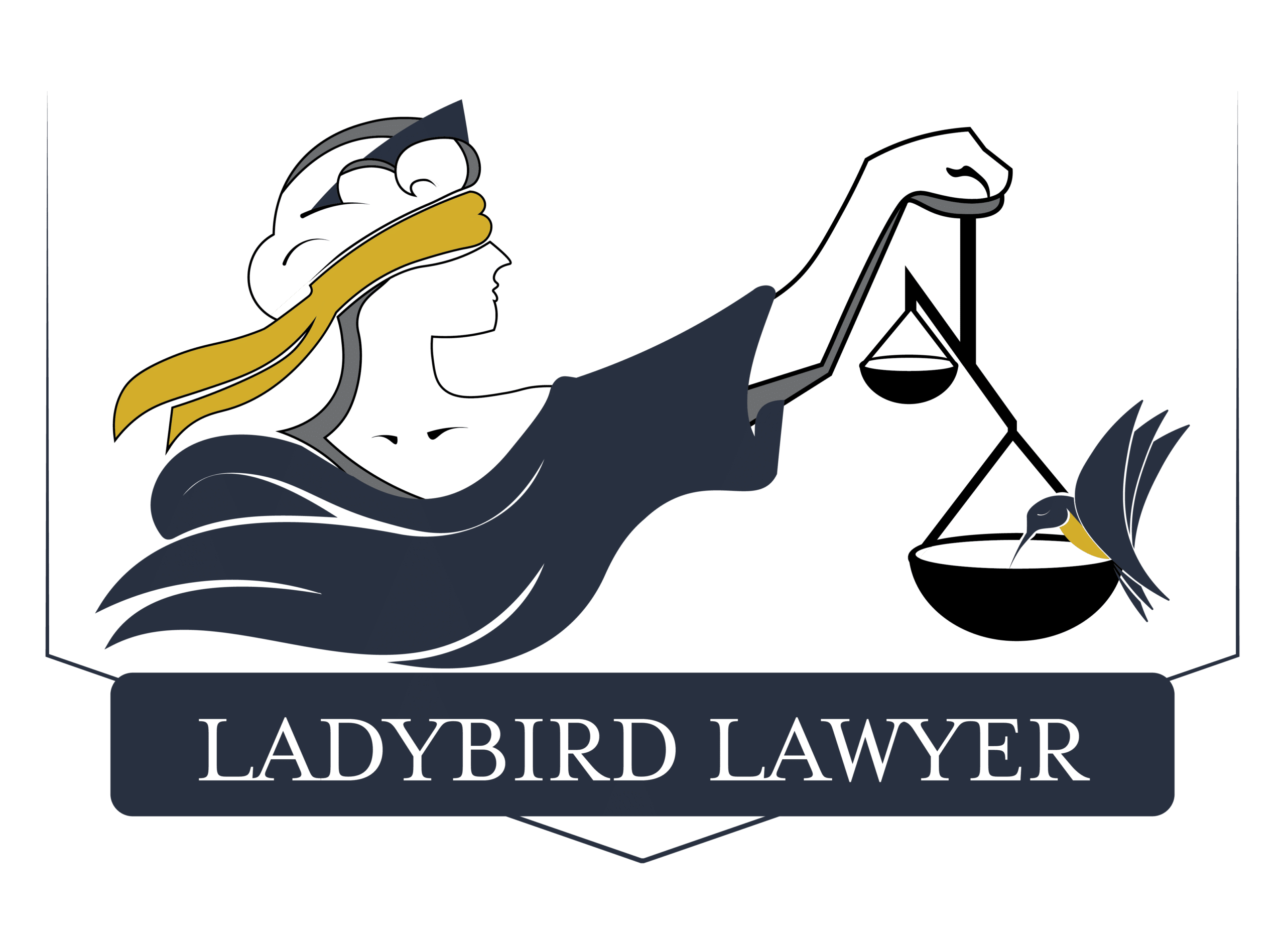
What is a Ladybird Deed?
A Ladybird deed is a specialized form of deed that permits the property owner (grantor) to retain a life estate in the property, meaning they have the right to live in or use the property for the rest of their life. However, unlike a traditional life estate deed, a Ladybird deed allows the grantor to maintain control over the property during their lifetime, including the ability to sell, mortgage, or even change the designated beneficiaries. It’s essentially a powerful estate planning tool that combines the benefits of a life estate with the flexibility of a traditional deed.
Key Benefits of Ladybird Deeds in Florida….





